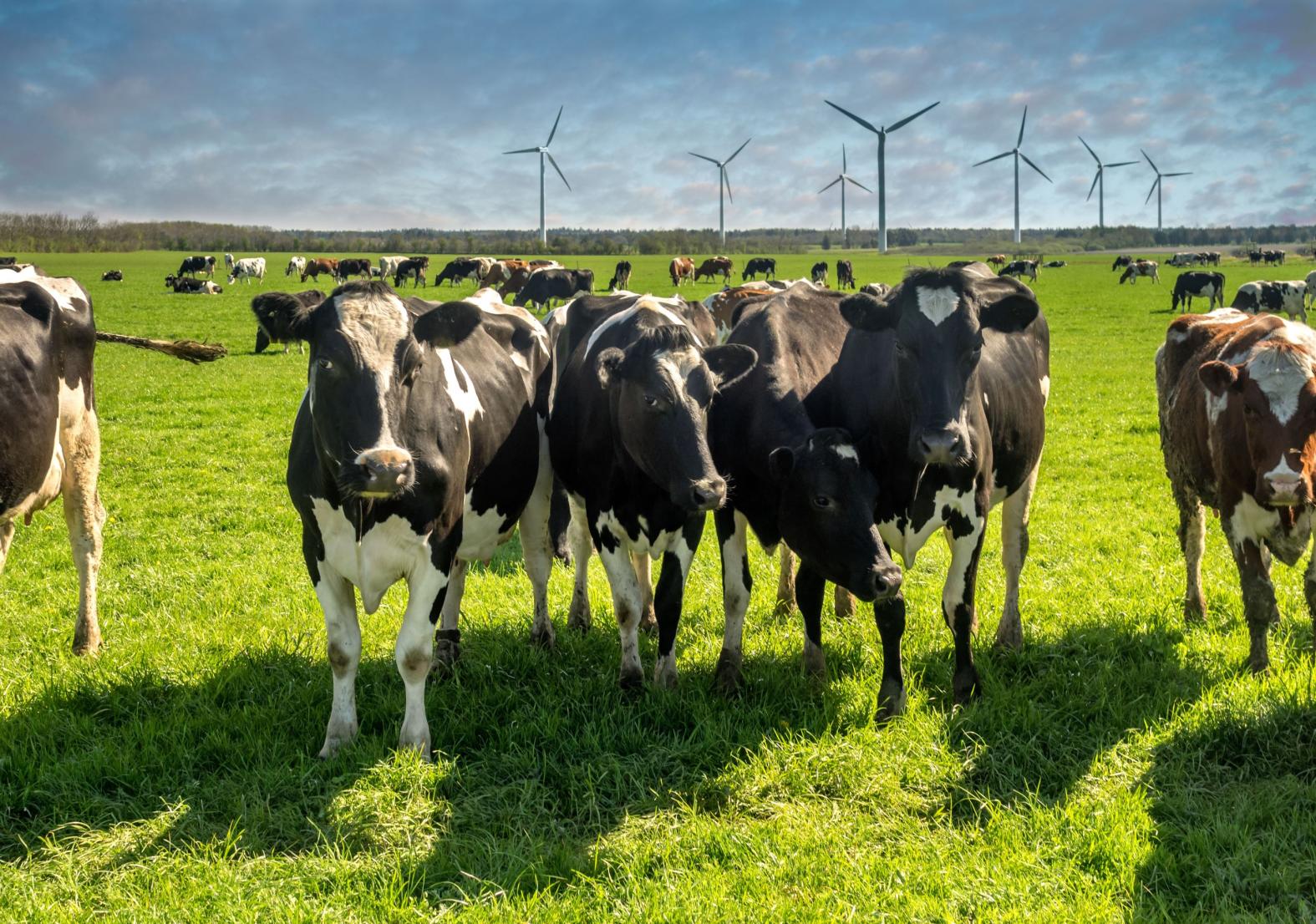Denmark’s groundbreaking new agriculture and climate policy, which taxes greenhouse gas (GHG) emissions from livestock production, restores nature and pays farmers to reduce nitrogen pollution, is the world’s most comprehensive national effort to address the environmental challenges of agriculture. Globally, agriculture and associated land use change contribute around one quarter of GHG emissions. To keep global warming below 1.5 degrees C (2.7 degrees F) — or even under 2 degrees C (3.6 degrees F) — governments must take ambitious action to reduce emissions from food systems. However, so far, governments have only devoted a fraction of their efforts to reducing agricultural emissions as they have for fossil-fuel emissions. Agricultural emissions are particularly significant in Denmark. Today, they contribute more than one quarter of Denmark’s GHG emissions, and with the country’s expected measures to decarbonize energy and transport emissions, agriculture could account for the majority of national emissions within a decade. The country has set ambitious goals to reduce overall economy-wide emissions by 70% by 2030.

News
Denmark’s Groundbreaking Agriculture Climate Policy Sets Strong Example for the World
12 November 2024



